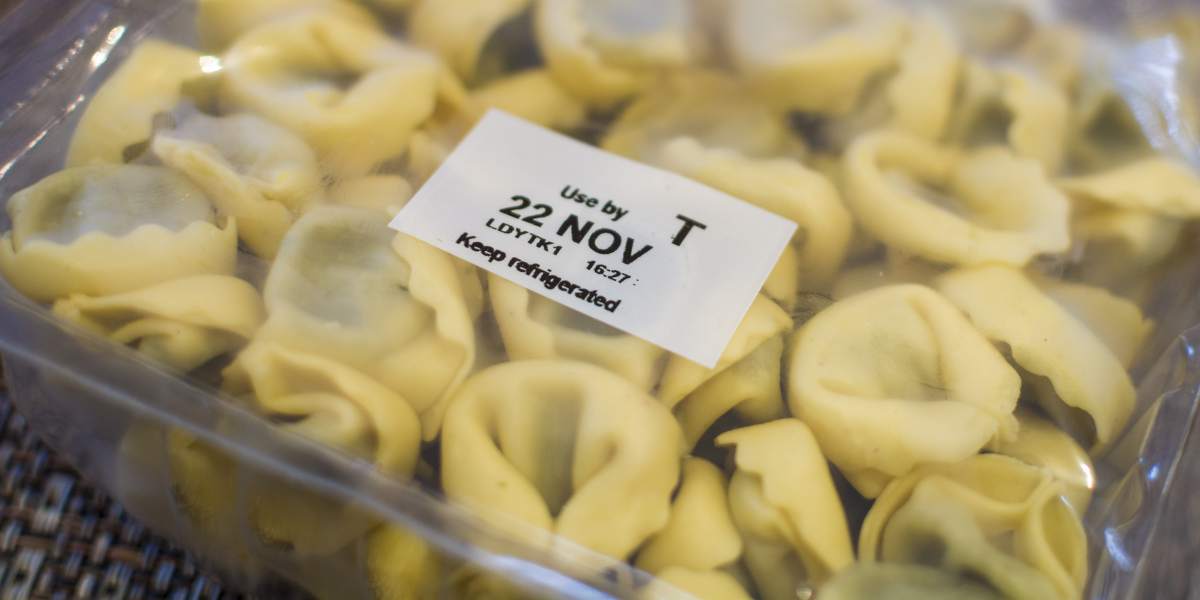Just under 1 in 5 adults (18%) ate smaller portions and food that was beyond its use-by date, according to new data from the Office of National Statistics.
The same analysis uncovered that 26% of respondents with diabetes reported eating smaller portions and 24% of respondents with diabetes reported eating food that was beyond its use-by date.
Use-by dates refer to the date up until a perishable food can be eaten safely.
According to the Food Standards Agency, people are advised to “never eat food after the use-by date, even if it looks and smells ok, as it could make you very ill”.
- Experts call for ‘vague’ health warnings on alcohol to be updated
- Eating fast food linked to liver disease can be deadly, study suggests
Data covering the period of 22 November until 18 December (2022) were based on a survey of over 4,700 people.
Data also shows that more than 70% of people who ran out of food in the past 2 weeks and could not afford to buy more reported struggling to keep comfortably warm.
Almost 1 in 4 respondents (24%) reported that they couldn’t effectively heat their houses.
People ranked this as the most serious threat to their health alongside waiting too long for a GP or hospital appointment and having to reduce their use of energy to cook or heat food.
According to the statistics, 1 in every 5 persons is waiting for a hospital appointment or medical treatment, with a third reporting that the delay is having a significant negative impact on their lives in terms of wellbeing, condition progression, or mobility.
The rates were significantly higher for people suffering from depression, living in the poorest neighbourhoods, or having a handicap. One in every five of those waiting had been waiting for more than a year.
- Inflammatory bowel disease could be initiated by common Allura Red food dye
- Trigger finger caused by diabetes, research reports
Four in ten employed persons believe the delay has harmed their employment, with a quarter reducing their working hours and 7% taking long-term sick leave as a result.
To assist with day-to-day living expenses, about half of individuals (45%) said they were spending less on food and necessities, one in six (16%) said they were using more credit, and approximately 3% said they were turning to charity, including food banks.







